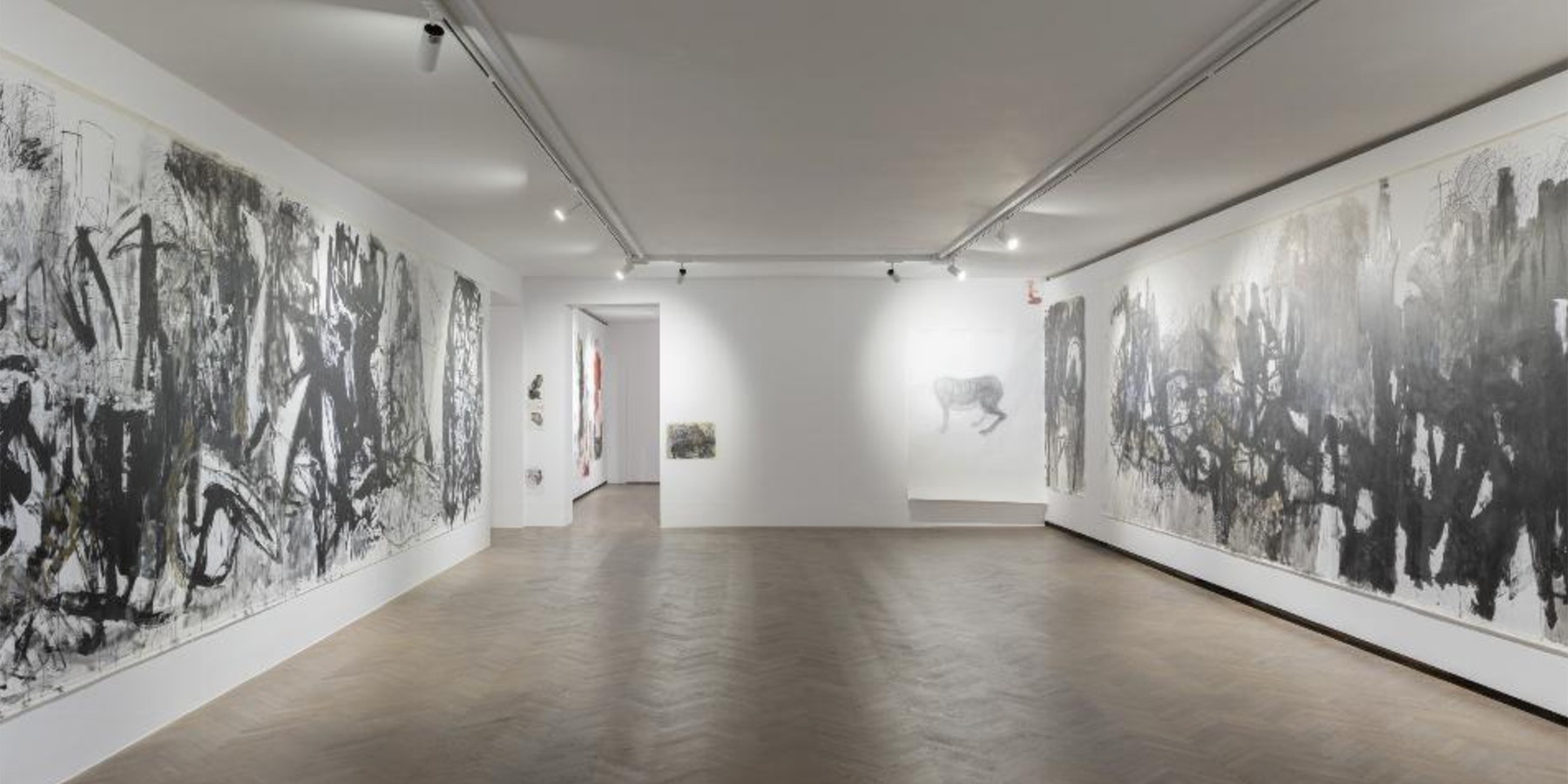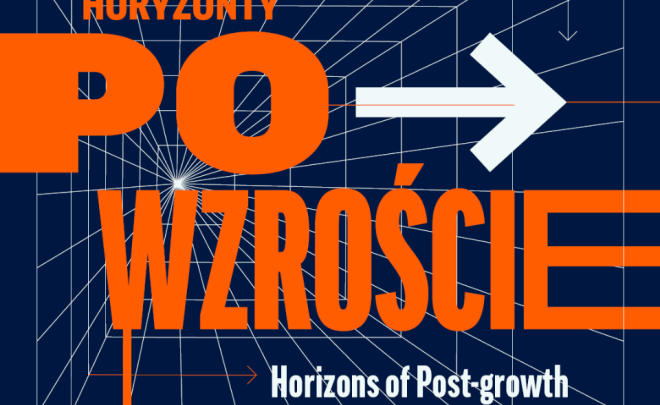Diversity and Power in the 21st Century
interdisciplinary conference and launch of ‘The Scales of Locality’: the 2/2024 special issue
of the Czas Kultury (Time of Culture) journal
September 13th-14th 2024, Arsenal Gallery in Białystok
In 2009, the biosphere’s integrity boundary was noted as one of the nine planetary boundaries that we must respect to keep the planet habitable for humanity (Rockström et al. 2009). In 2023, six of them, the biosphere’s integrity boundary included, were found to have been crossed (Richardson et al. 2023). However, the loss of diversity we are experiencing in the 21st century is not only about the loss of Earth’s biodiversity. Were we to believe the French philosopher Bernard Stiegler, a similar decline relates to what he defines as noodiversity (noo- originating from the Greek word nous: mind or intellect).
Briefly put, noodiversity is a diversity of knowledge, from scientific knowledge to every-day knowledge and different ways of doing things, allowing social and cultural diversities to be preserved. Mutually entwined, biodiversity and noodiversity constitute our living environments. It is by preserving noodiversity, Stiegler argues, that people can take care of biodiversity and fulfill their noetic (intellectual and sensible) potential (2020).
Engaging in the discussion, the Chinese philosopher Yuk Hui propounded the concept of technodiversity. While Stiegler’s main point is that noodiversification holds the key to preventing the technosphere from annihilating the biosphere (2020), Hui points to the link between knowledge, technology and culture. In his view, technodiversity, as a concept referring to how technology is understood and constructed in different cultures, is meant to pave the way to an alternative to the technocultural uniformity (2023).
Noodiversity and technodiversity invite us to reflect on how to revert the interrelated process of cultural uniformisation, technological globalisation and integrated automation. Searching for noodiversity and technodiversity is necessary not only to preserve the cultural memory of the past. The primary purpose is to find ideas that will help us open up new perspectives for our future on the digitalised Earth beyond technological optimism and cultural pessimism.
Any scientific and cultural agenda that purports to promote diversity must, however, take into account a new question of power. What will the power of tomorrow look like and who (what?) will it belong to? Are we strong enough to empower diversity through translocal alliances? Can we, as a wider community, counter a new computational power, emerging with large-scale artificial intelligence and fatally interfaced with old forms of power, technoeconomic, political and military alike? What does the difference between governance and control mean in this old-new context where autonomy and automation tend to merge due to the rapid development of deep learning technology and its industrial applications? Can we dream of politics of automation empowering our autonomy as subjects, local communities and their living environments?
We invite you to join the discussion, its structure accounting for different cultural perspectives and humanistically-oriented epistemologies.
Organisers:
Michał Krzykawski / University of Silesia in Katowice + Centre for Critical Technology Studies
Eliza Urwanowicz-Rojecka / Arsenal Gallery in Białystok
Co-organiser:
University of Bialystok + Faculty of Philosophy and Cognitive Science, UoB
Partner:
University of Bialystok + Faculty of Sociology, UoB
This project has received funding from the European Union’s Horizon 2020 research and innovation programme under the Marie-Skłodowska-Curie grant agreement No. 101007915
This project has received funding from the program of the Minister of Science and Higher Education entitled “Co-financed International Projects” in the years 2021-2025; contract No.5196/H2020/2021/2
SCHEDULE
September 13th
4:00-5:00 p.m.
venue: Arsenal Gallery power station, Elektryczna 13, Białystok
Curated tour of the Horizons of Post-growth exhibition (in English)
Michał Krzykawski
5:30-6:30 p.m.
venue: Arsenal Gallery in Białystok, A. Mickiewicz 2, Białystok
Keynote Speaker
Stuck on the Platform: from Critiques to Alternatives
Geert Lovink (The Institute of Network Cultures at the Amsterdam University of
Applied Sciences)
September 14th
venue: Arsenal Gallery in Białystok, A. Mickiewicz 2, Białystok
9:00-11:30 a.m.
New Protocols for a New Web. A Workshop
Kuba Kulesza, Agnieszka Zgud (Working Group Foundation)
11:30 a.m.-12:00 p.m.
Coffee break
12:00-1:00 p.m.
MEMORIES OF THE FUTURE. SOUTH AMERICA, CENTRAL AND EASTERN EUROPE
Techno-spiritual futures, territories to feel the tomorrow
Pedro José Cagigal Guayasamín (Universidad de las Artes, Guayaquil)
Eastern Europe Meets Latin American Decolonialism. The Subversive Past of Eastern Europe and its Significance to Contemporary Decolonial Struggles
Jakub Barszczewski (University of Białystok)
1:00-2:00 p.m.
Lunch break
2:00-3:00 p.m.
SITUATED EXPERIENCES
Notes on Cosmotechniques in Contemporary Art from Ecuador
Gabriela Rivadeneira Crespo (Universidad de las Artes, Guayaquil)
Wartime Experience of Culture
Anna Łazar (Curator of the Ukrainian and ‘Free Word’ International Programme as part of the Gdańsk City of Literature)
3:00-3:15 p.m.
Coffee break
03:15-05:15 p.m.
TECHNOPOETICS
Techniques, Plants, Places
Anna Cieplak (Contributory Lab Foundation), Katarzyna Janota (Working Group Foun-dation), Diana Lelonek (Academy of Fine Arts in Warsaw), Joanna Soćko (University of Silesia in Katowice)
Can the Miner’s Wife Speak?
Monika Glosowitz (University of Silesia in Katowice)
05:15-05:30 p.m.
Coffee break
05:30-07:00 p.m.
LIFE OF THE MIND AFTER AUTOMATION
Blockchain / Mechanisation of Trust?
Andrzej Leder (Polish Academy of Sciences)
The Automaton and Infinity. Capitalism, Solar Death and Two Forms of Need
Bartosz Kuźniarz (University of Białystok)
The Dialectic of Artefactualisation. Does the Mind Need a Body and Nature
Natalia Juchniewicz (University of Warsaw)
Language Automation and a New Metabolic Rift
Michał Krzykawski (University of Silesia in Katowice)

PLAN YOUR VISIT
Opening times:
Thuesday – Sunday
10:00-18:00
Last admission
to exhibition is at:
17.30

